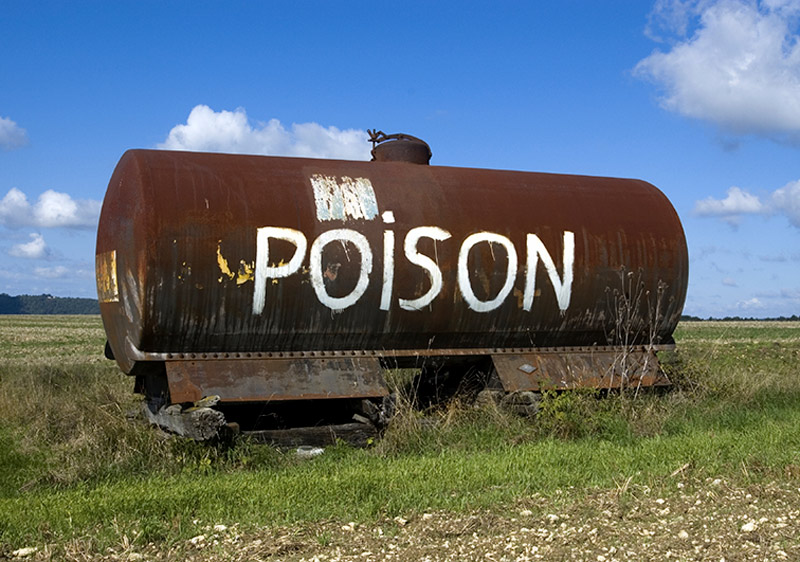Global analysis shows how pesticides leach into the environment

Published: July 31, 2023
Category: Pesticides
A University of Sydney-led study published recently in Nature has revealed the chemical odyssey pesticides embark upon after their initial agricultural application, with environmental consequences for a range of ecosystems.
About three million tons of agricultural pesticides are used across the globe each year, yet little is known about where or in which environments these chemicals end up after their initial application.
A global study published in July in Nature, which analyzed the geographic distribution of 92 of the most commonly used agricultural pesticides, found that approximately 70,000 tons of potentially harmful chemicals leach into aquifers each year, impacting ecosystems and freshwater resources.
Associate Professor Federico Maggi, the study’s lead author from the University of Sydney’s School of Civil Engineering, said: “Our study has revealed that pesticides wander far from their original source. In many cases these chemicals end up a long way downstream and often, though in much smaller amounts, all the way to the ocean.”
The study showed that about 80 percent of applied pesticides degrade into daughter molecules—or byproducts—into soil surrounding crops.
“This degradation of pesticides often occurs as a ‘cascade’ of molecules into the surrounding environment, which can persist in the environment for a long time and can be just as harmful as the parent molecule or applied pesticide. One such example is glyphosate. Although it is highly degradable, it breaks down into a molecule known as AMPA that is both highly persistent and toxic,” said Maggi.
While the study found that only a fraction of pesticides enter river systems after field application, once in the water most of the active ingredients end up in the ocean, with potential negative impacts on marine wildlife and coral reefs. This puts at risk the very basis of marine and freshwater food chains.
“On paper, 0.1 percent leaching into fresh waterways might not sound like much,” said Maggi. “But it only takes a tiny amount of pesticides to have a negative impact on the environment.”
The study showed that 730 tons of pesticides enter rivers each year, with about 13,000 kilometers of rivers reaching chemical concentrations above safety limits for a number of aquatic plants and invertebrates, with poorly understood consequences on rivers’ ecosystems.
Paper co-author Dr. Francesco Tubiello, Senior Environmental Statistician at the United Nations’ Food and Agriculture Organization, said: “We must urgently adopt sustainable management strategies to promote reductions in field applications of harmful pesticides and set in place systems to effectively monitor their use under the 2030 Sustainable Development Agenda.”
Maggi also co-authored a separate paper in Nature Ecology and Evolution that outlined recommendations to reduce pesticide use, including calling for a reliable set of indicators and improved monitoring.
Source: University of Sydney
To view source article, visit:
https://www.sydney.edu.au/news-opinion/news/2023/07/13/global-analysis-shows-how-pesticides-leach-into-the-environment.html
Organic & Non-GMO Insights August 2023








